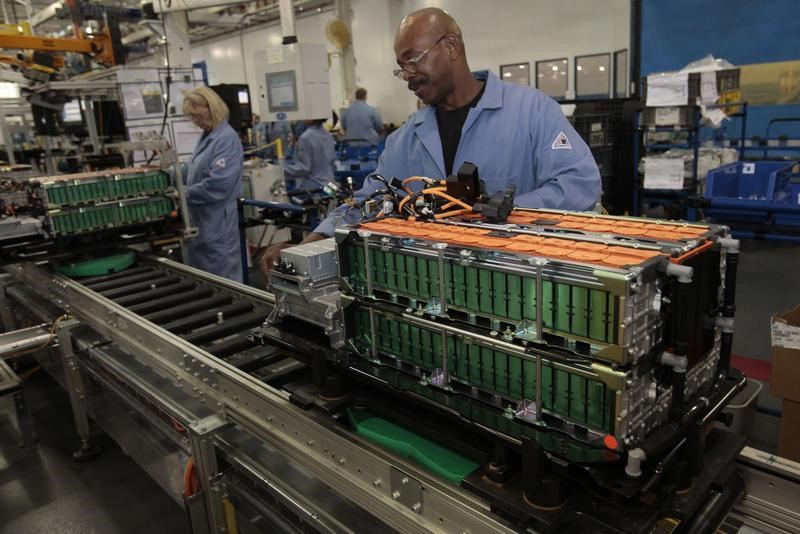(Bloomberg) -- Closely held midsize companies in the US are being challenged to pass on the costs of rising inflation and higher interest rates to protect their own bottom line new data show.
Earnings growth trailed revenue expansion for the fourth consecutive quarter as last-twelve month revenue for middle-market companies grew 4.7% on average in the second quarter, while earnings before interest, depreciation and amortization -- or Ebitda, a critical measure for debt-laden firms -- was recorded at 2.3%, according to a report Monday from investment bank Lincoln International.
Year-to-date, firms saw a 13% increase in revenue growth compared with the same period in 2021, yet Ebitda growth in that period was just 0.6% with margins contracting 2.3% on average.
“Though it is remarkable how well demand has held up through the first half of 2022, this year may be a tale of two halves if demand slows in the second half of the year for discretionary businesses,” said Ron Kahn, a managing director at Chicago-based Lincoln, in a statement.
In the second half of the year, “private company growth hinges on consumers’ willingness and ability to spend and private companies’ efforts to, mitigate inflationary pressures impacting margins,” he added.
Meanwhile, the Lincoln Private Market Index, a measurement of private company enterprises values (EV), declined 0.5% in the quarter - it’s first drop since the beginning of the pandemic. In the previous quarter, the gauge rose 1.7% as private companies were able to shrug off the volatility hitting public markets, but the headwinds have appeared to have caught up to private companies.
Previously stable earnings were able to stave off declines in EV multiples, but Lincoln’s latest report shows a drop to 10.8 times in the recent quarter, down from 11.1 times in the quarter prior.
“As we have historically observed, portfolio companies in the private markets are not insulated from trends in the public markets and recessionary fears.” said Steve Kaplan, a professor of entrepreneurship and finance at the University of Chicago and an adviser to Lincoln’s index.
Lincoln’s Senior Debt Index, a measurement of the fair-market values of loans for private companies, declined for a second consecutive quarter to 97% from 98% reported in the first, while default rates crept up to 3% in the second quarter, from 2.5%. Kahn expects the default rate to rise for the rest of the year.
“Although private credit default rates remain low and interest coverage ratios remain in line with levels observed over the past year, that could quickly reverse course as private companies face a storm of rising rates and recessionary fears,” said Kahn.
©2022 Bloomberg L.P.
